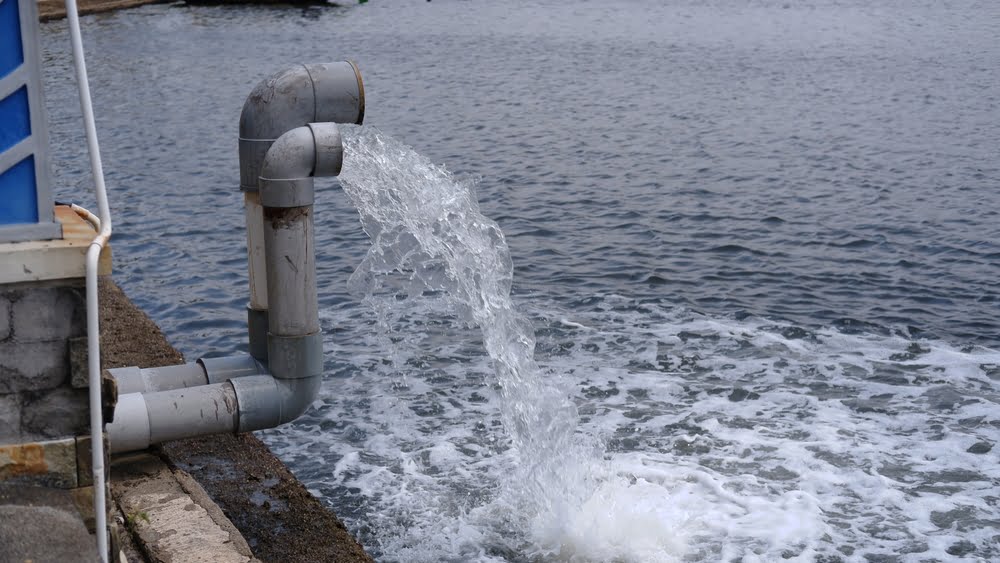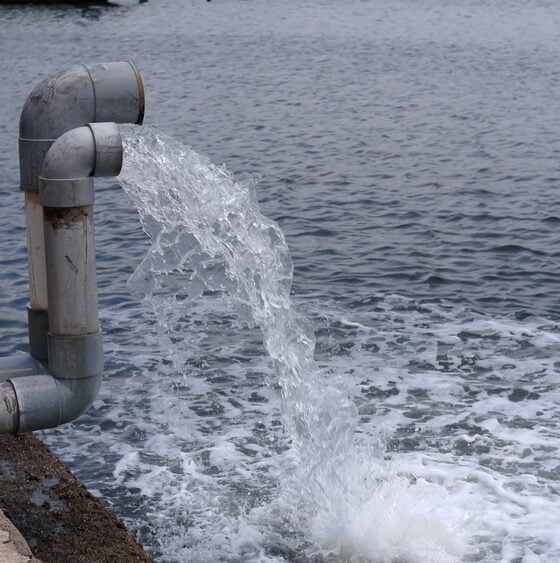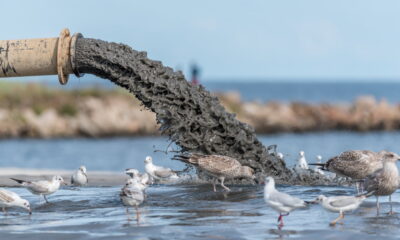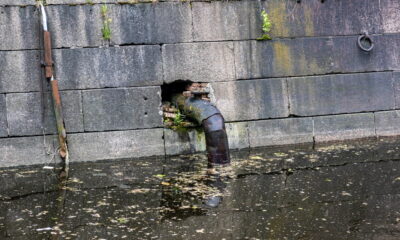

Environment
6 Wastewater Management Tips to Reduce Water Pollution
Water pollution is a serious problem in the United States. One of the biggest causes of water pollution is poor wastewater management.
Good wastewater management is essential for the health and safety of both people and the environment. By properly managing and treating wastewater, we can reduce the impact of contamination from runoff and sewage overflow. While there are a number of measures that can be taken to improve wastewater management, it’s important to understand which methods are most effective in addressing specific issues. In this post, we’ll dive into six strategies proven to be successful in improving waste water management practices across localities worldwide.
1. Implement Source Control Measures
Source control is an important part of wastewater management, and it involves identifying and controlling the release of pollutants at their source. Examples include stormwater runoff from impervious surfaces, runoff from agricultural land, improper disposal of chemicals, and septic tanks leaking into surface waters. By implementing measures such as proper fertilization practices or installing rain gardens to reduce runoff, we can help reduce the amount of pollutants entering our wastewater system.
2. Improve Treatment Systems
Improving existing treatment systems is one of the most important strategies for better wastewater management. With technologies like the MBR system for wastewater treatment, you can reduce the amount of pathogens, chemicals, and other pollutants that enter our waterways.
Properly operating treatment systems ensure that nutrients are recycled back into the environment in a safe and efficient manner. Recycling wastewater is very important to protect the planet. You can also use green infrastructure solutions like constructed wetlands to help reduce stormwater runoff and filter out pollutants.
3. Promote Sustainable Wastewater Disposal Practices
It’s important to educate the public on proper wastewater disposal practices in order to ensure that contaminants are not entering our waterways. This includes advising people against pouring hazardous materials down drains or disposing of organic materials into sewers. Individuals should be encouraged to use water-efficient appliances and fixtures in order to reduce water consumption. Reusing greywater and rainwater can also reduce the amount of wastewater entering our treatment systems.
4. Encourage Water Conservation
Water conservation is one of the best ways to improve wastewater management, as it helps reduce the amount of pollutants entering our systems. This can be done through on-site water reuse, water-efficient fixtures and appliances, and implementing rainwater harvesting systems. Educating the public on the importance of conserving water is an important part of promoting sustainable wastewater management practices. The more people understand the importance of conserving water, the more likely they are to take action.
5. Develop an Integrated Management System
Integrated wastewater management is a comprehensive approach that involves identifying, controlling, and monitoring all sources of pollution entering our waterways. This includes controlling direct discharges from industries and municipalities, controlling runoff from agricultural land and urban areas, and monitoring the quality of water in our rivers and streams. This approach ensures that all sources are managed effectively, which helps the impact on our waterways. Additionally, it helps identify potential problems before they become more serious issues.
6. Monitor Water Quality
Proper monitoring of water quality is essential for effective wastewater management. This includes monitoring the pH, nutrients, and other pollutants in our waterways on a regular basis in order to detect any potential problems early. Conducting regular inspections of sewage systems can help identify leaks or blockages that may be contributing to water pollution. In case of an emergency, such as a sewage spill, it’s important to respond quickly in order to prevent the spread of pollutants and protect public health.
By implementing these strategies, we can ensure that our waters are safe for recreational use and help preserve aquatic habitats for future generations. With proper management and education, we can achieve a cleaner and healthier environment.


 Environment12 months ago
Environment12 months agoAre Polymer Banknotes: an Eco-Friendly Trend or a Groundswell?

 Features11 months ago
Features11 months agoEco-Friendly Cryptocurrencies: Sustainable Investment Choices

 Features12 months ago
Features12 months agoEco-Friendly Crypto Traders Must Find the Right Exchange

 Energy11 months ago
Energy11 months agoThe Growing Role of Solar Panels in Ireland’s Energy Future
























